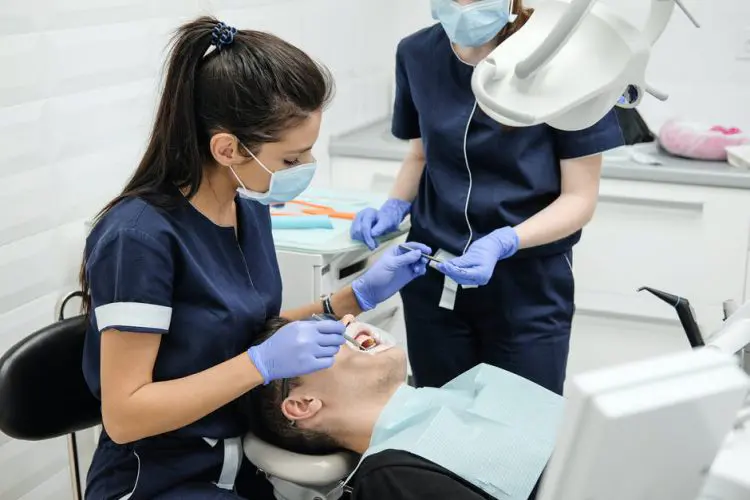
Earning a degree in Dental Surgery after completing the BDS course opens the door to a stable and rewarding career. Many students face a dilemma when choosing between MBBS and BDS. While both fields are prestigious and impactful, BDS offers certain advantages that make it an attractive alternative to MBBS.
This article explores why, for some students, pursuing BDS may be the smarter option.
Top 7 Reasons Why BDS Can Be a Better Option Than MBBS
Choosing a professional course can be a life-altering decision and often brings with it stress and confusion. While success ultimately depends on passion and dedication, it helps to be aware of the practical benefits each option offers. Here are seven compelling reasons why BDS may be more suitable than MBBS for many students:
- Affordable Course Fees
One of the key differences between MBBS and BDS is the cost. The BDS program is significantly more budget-friendly than MBBS, making it financially accessible to a wider range of students. Lower fees mean less financial strain and a quicker return on investment. - Shorter Course Duration
The BDS course takes five years to complete, including internship, while MBBS typically requires five and a half years. This means BDS graduates can enter the workforce earlier, giving them a head start in gaining practical experience and financial stability. - Less Competitive Admissions
Admission to BDS is generally less competitive than MBBS. While MBBS seats are in extremely high demand, dental colleges often have more accessible admission processes, with many reputable institutions offering quality education and training in dentistry. - More Seats Available
Due to the intense competition for MBBS seats, securing one through merit can be very difficult. In contrast, BDS seats are relatively easier to obtain, as the NEET cutoff is usually lower and the competition is not as fierce, making it achievable for students with average marks. - No Need for Immediate Specialization
A BDS degree equips students with specialized knowledge in oral health from the outset. On the other hand, an MBBS degree provides general medical training, and further specialization through an MD or MS is typically necessary for better career prospects. - Quicker Job Readiness
After completing the BDS course, graduates are qualified to begin practicing as dentists immediately. In comparison, MBBS graduates often need to pursue postgraduate studies before entering specialized roles or earning competitive salaries. - High Earning Potential Early On
Dentistry is a financially rewarding profession. BDS graduates can start earning well soon after graduation, especially if they open their own practice or join private clinics. In contrast, MBBS graduates usually take longer to see substantial income, due to the extended study period required for specialization.
While both MBBS and BDS are noble and rewarding professions, BDS stands out for students seeking a quicker, more affordable path to a successful career in healthcare. Choosing the right course depends on your goals, interests, and long-term vision—but for many, BDS provides an excellent balance of opportunity, growth, and job satisfaction.